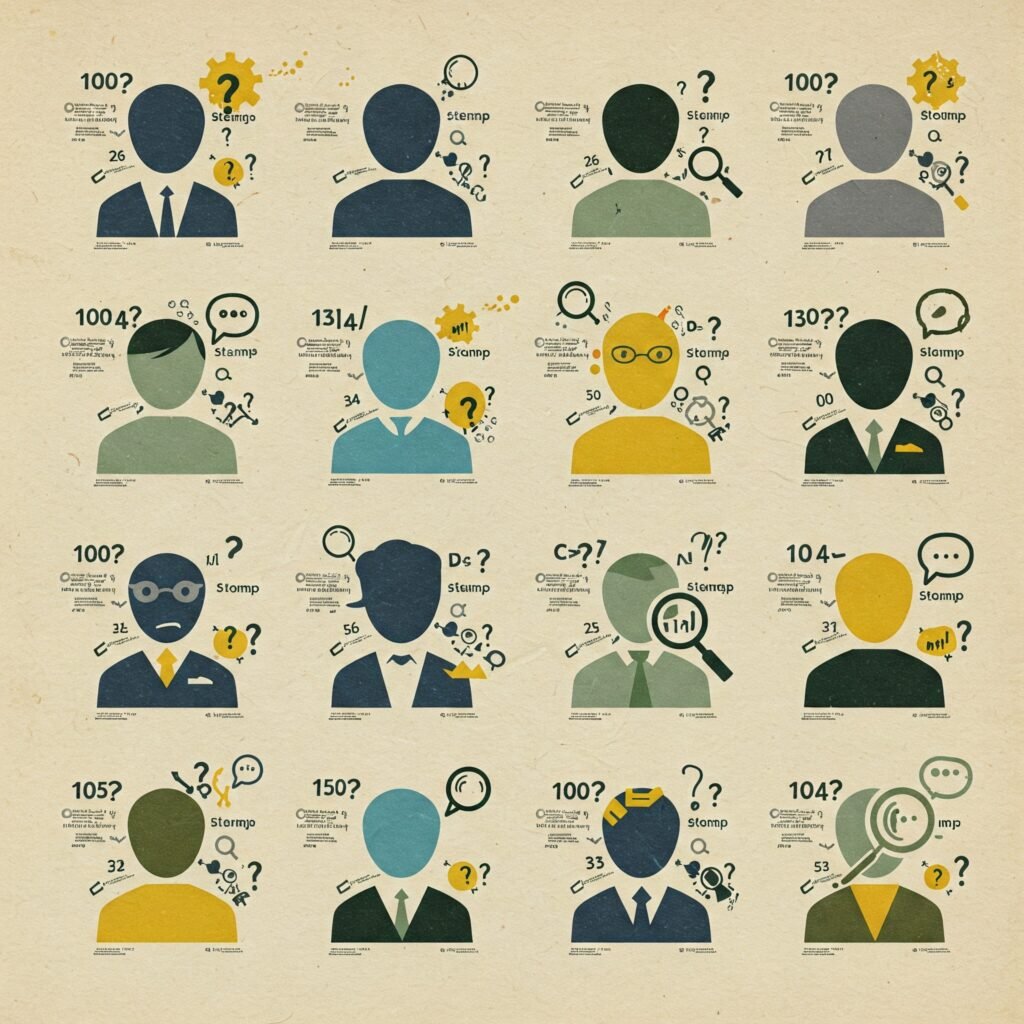Why are 2025 Controversial Candidates So Prominent?
Controversy in politics isn’t new, but in 2025, several factors amplify its impact:
- Hyper-Partisanship: The deep divisions in many political systems mean candidates are often viewed through a highly polarized lens. What one side sees as a strength or principled stand, the other sees as a fundamental flaw or outrageous position.
- 24/7 News Cycle and Social Media: Information (and misinformation) spreads instantaneously. Past remarks, minor incidents, or even out-of-context quotes can be unearthed and amplified relentlessly, creating scandals overnight.
- Increased Scrutiny: Voters and watchdog groups are increasingly demanding transparency. Candidates’ financial dealings, personal histories, and associations are subject to unprecedented examination.
- “Outsider” Appeal: Some candidates intentionally cultivate controversy to position themselves as anti-establishment figures, challenging norms and drawing attention in a crowded field. This strategy can resonate with voters disillusioned with traditional politics.
These dynamics ensure that 2025 controversial candidates aren’t just footnotes; they are central figures shaping narratives and influencing public opinion, for better or worse.
Profiles: Who are the 2025 Controversial Candidates to Watch?
While we can’t name every specific individual globally facing controversy in 2025 (the list changes constantly!), we can identify common types of 2025 controversial candidates based on the nature of the issues surrounding them.
The ‘Established Incumbent’ with Lingering Scandals
Often long-serving politicians, these candidates face controversies rooted in their time in office.
- Nature of Controversy: Allegations of corruption, ethical breaches, controversial policy decisions made years ago, or handling of past crises.
- Impact: Can erode trust among swing voters, but often solidifies support among a loyal base who see the attacks as politically motivated.
- Key Challenge: How to address past issues without getting bogged down, while highlighting experience and achievements.
The ‘Firebrand Outsider’ Challenging Norms
These candidates often come from outside traditional political structures and use provocative language or unconventional tactics.
- Nature of Controversy: Inflammatory statements, controversial past associations, lack of traditional political experience, or policy ideas considered extreme.
- Impact: Attracts passionate supporters drawn to their anti-establishment stance, but alienates moderate voters and faces intense media backlash.
- Key Challenge: Maintaining authenticity while attempting to broaden appeal and appear capable of governance.
The ‘Policy Provocateur’ Pushing Boundaries
These candidates are controversial primarily because of the extreme or highly unconventional policies they advocate.
- Nature of Controversy: Proposals that challenge economic orthodoxy, fundamental social structures, or international relations in radical ways.
- Impact: Can inspire movements around specific issues, but are often dismissed by mainstream analysts and face questions about feasibility and unintended consequences.
- Key Challenge: Gaining credibility for their ideas and convincing voters that bold change is necessary and achievable.
Understanding these archetypes helps us analyze the specific 2025 controversial candidates we encounter on ballots and in the news.

Decoding the Impact: How Controversy Shapes the 2025 Elections
Controversy isn’t just noise; it actively shapes the electoral process in 2025.
- Media Narrative: Controversial candidates often dominate media coverage, sucking oxygen away from less dramatic campaigns or substantive policy debates. This can be a double-edged sword, providing publicity but often negative.
- Voter Engagement: Controversy can drive engagement, both positive and negative. It can mobilize opposition but also energize a candidate’s base.
- Campaign Strategy: Campaigns must decide whether to confront the controversy head-on, ignore it, or try to spin it. Opponents will, of course, leverage it relentlessly.
- Policy Focus Shift: Debates can devolve from policy specifics to discussions about a candidate’s character or past, potentially leaving voters less informed on crucial issues.
Researching 2025 controversial candidates requires sifting through these layers of impact to find the core information.
Navigating the Noise: What Voters Need to Know About 2025 Controversial Candidates
For voters trying to make informed decisions in 2025, dealing with controversial candidates can be challenging. Here are some actionable takeaways:
- Look Beyond the Headline: Don’t rely solely on sensational headlines or social media soundbites. Dig deeper into the specifics of the controversy. What are the verified facts?
- Identify the Source: Consider who is raising the controversy and why. Is it a reputable news organization, a political opponent, or an advocacy group? Understand potential biases.
[Link to non-partisan media literacy guide] - Evaluate the Candidate’s Response: How does the candidate address the controversy? Do they deny, explain, apologize, or attack? Their response can be as revealing as the controversy itself.
- Focus on Policy and Fit: While character matters, ultimately, you are electing someone to make decisions. How do their proposed policies align with your needs and values? Does the controversy directly impact their ability to perform the job?
- Consult Multiple Sources: Read reports from different news outlets with varying perspectives. Look at non-partisan analyses of candidates’ records and platforms.
[Link to non-partisan election information source]

Understanding who’s really running among the 2025 controversial candidates requires a critical and engaged approach. By looking past the headlines and focusing on substance and facts, voters can make more informed choices and participate meaningfully in the democratic process.




